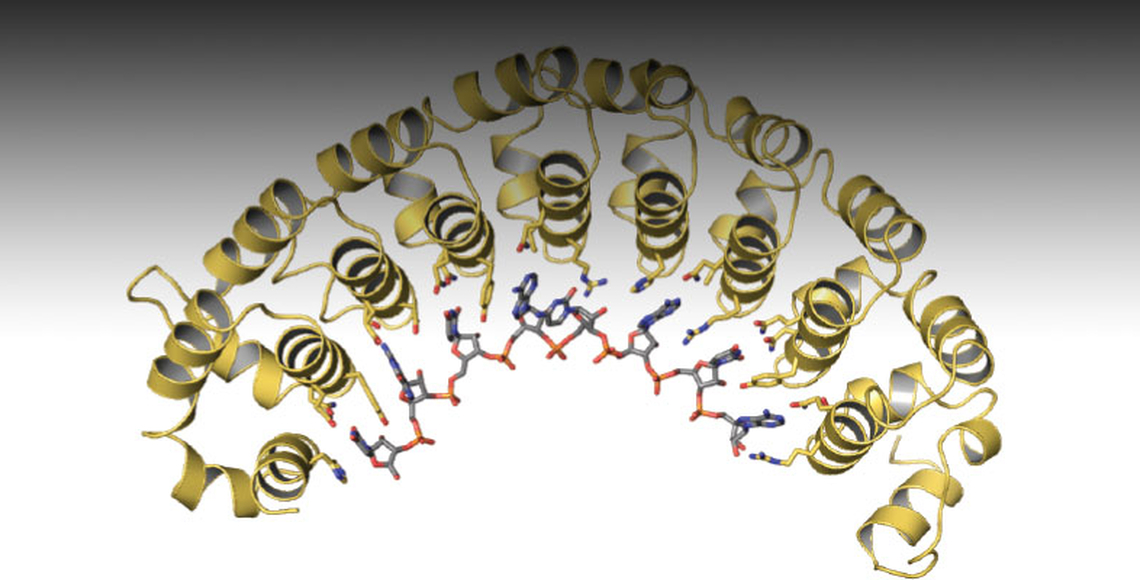Regulation of gene expression by RNA-binding proteins and ribonucleases, and their roles in developmental biology and human disease.
Mission Statement: Our goal is to discover the principles and mechanisms that control the expression of genetic information. Our research benefits society in that the resulting knowledge enhances our understanding of normal biological processes and the causes of diseases. Moreover, our discoveries will promote development of therapeutic strategies to correct deleterious gene expression. Of equal importance, we strive to educate the next generation of scientists, including high school, undergraduate, and graduate students, and post-doctoral fellows.
Summary: We seek to understand how messenger RNAs are regulated. Regulation of translation, degradation and localization of mRNAs contributes to the enormous dynamic range of protein expression. Dysregulation can cause disease, developmental defects, and even death. Sequence specific RNA-binding factors, both protein and small RNAs, play a central role in mRNA regulation. Our research focuses on two important classes of regulatory factors: Pumilio proteins and specialized ribonucleases known as deadenylases.
Central questions of our research include:
- How do Pumilio proteins bind and regulate specific mRNAs?
- What transcripts do Pumilio proteins control, and how does this change between cell types (i.e. stem cells, neurons), during development, and in disease states (i.e. cancer and neurodegeneration).
- How are the regulatory activities of multiple RNA-binding proteins and ribonucleases coordinated and integrated to control the fate of mRNAs?
